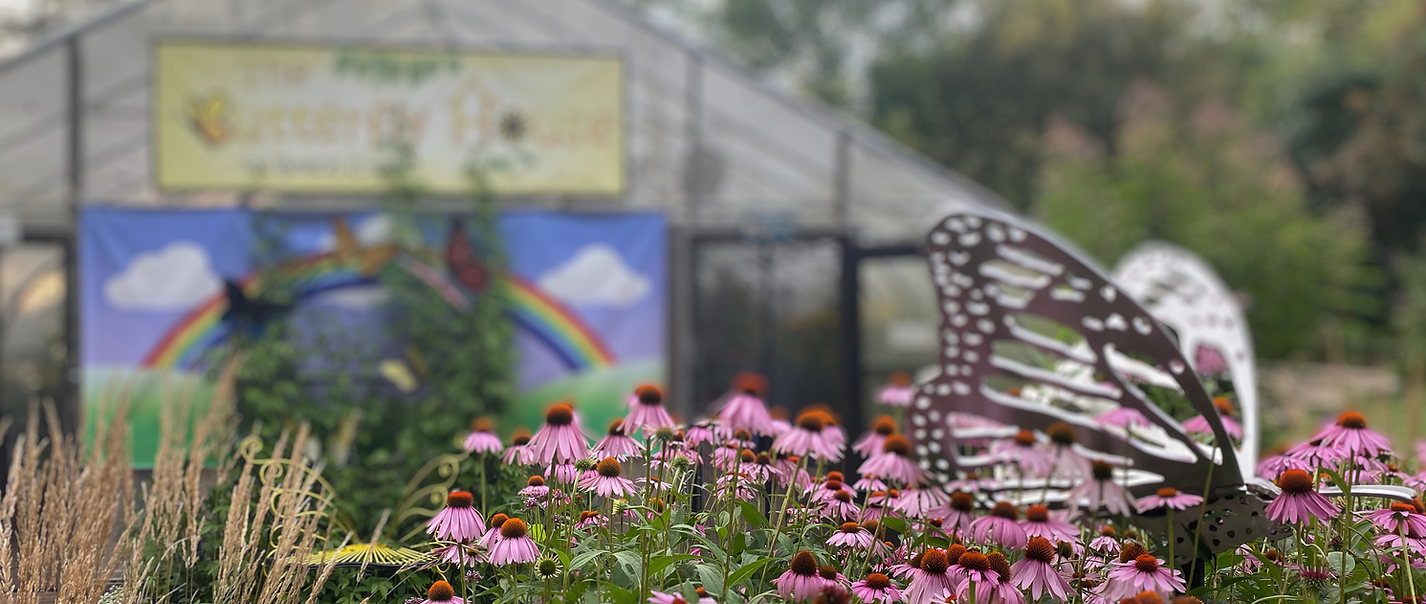top of page
.png)
Butterfly Release
September 13th & 14th
10am - 4pm
Release a Butterfly
$10
(Admission is not inlcuded)
Release a Butterfly
Support Beech Creek
Pre-sale has begun! For a limited time, you can donate just $10 to release a butterfly at our Butterfly Release—regularly $13 and $15 on the day of the release.

bottom of page
